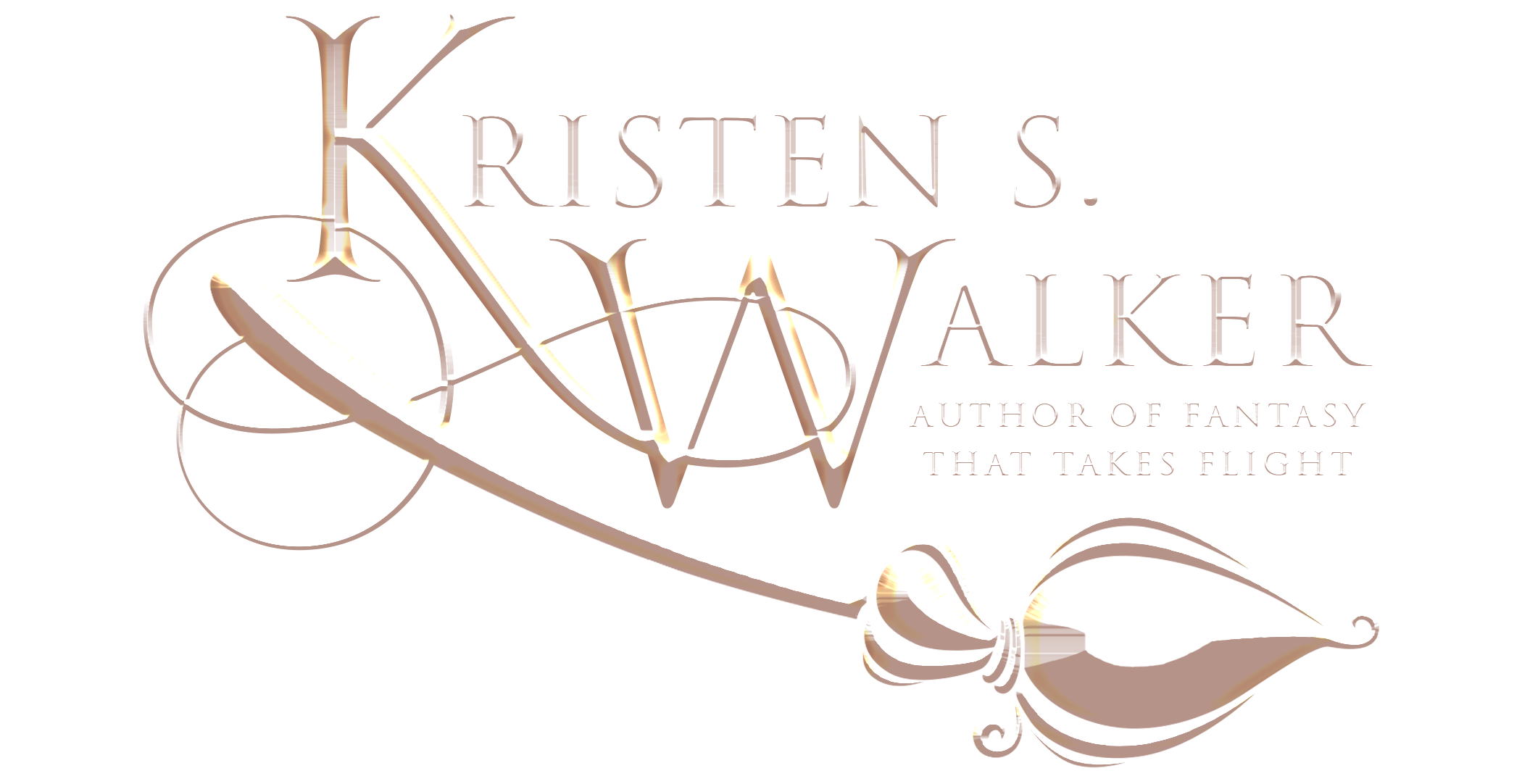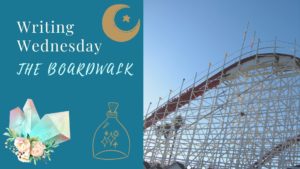This afternoon, there was a discussion on Twitter’s @LitChat with author Joanne Levy (@JoanneLevy) about her new book, Small Medium at Large. The chat covered a number of topics about the book and the writing process, but the part that was most interesting for me was when we talked about ghosts and mediums, because it provided another perspective on a topic that I have written about before, Lore vs. Innovation.
I started by asking Joanne if she had drawn on traditional ghost stories for inspiration when writing her novel, or if she was making up her own ideas of ghosts. She responded by saying that her ghosts were her own, and that one of them was inspired by her family members. Another ghost, she explained, had been added later at the request of her editor to add more conflict and include a child ghost that young readers could relate to.
Later, @KasieWhitener asked if Joanne had researched psychics for the book. Joanne responded no: she didn’t want to be constrained by rules for psychics/mediums and ghosts. She wanted the book to be “fun”. However, she explained, she also knew quite a bit about psychics prior to coming up with the story idea, and
This is another perspective that I didn’t explore in my earlier blog post about following traditional lore or inventing new versions of classic creatures (like vampires or ghosts). While some people may research what’s already been done so that they can find a way to put their own twist on it, others may avoid research altogether so they aren’t constrained by it.
When you know about something, does that make you feel constrained? I’m not sure how I feel about this perspective. Of course, it’s not a hard and fast rule that you should know about the “rules” of ghosts or anything else imaginary; it’s not like writing about space travel without knowing anything about physics. Physics and science are real, and if you write lazy sci-fi with glaring inaccuracies, people will point out what you did wrong. But if you write about ghosts in a different way, people can only point out the differences from other stories about ghosts.
I have done research about psychics and ghosts before when writing stories, and so far I have chosen not to go too far off base because I enjoy the common traits of these stories. My innovation has been for other types of myths, but always based on research. I personally don’t like writing about something without reading about other perspectives on it first. I like to look at what other people have done and think about what I liked, why, what would work for me, and what I didn’t like. I haven’t read Joanne Levy’s new book yet, so I can’t voice an opinion on how well that approach worked for her.
Yet another perspective: a friend of mine, after reading the old blog post, said that when you are writing about an uncommon myth (like the kappa from my example), then you are under more obligation to follow the myth’s original traditions because people will learn about that myth from you. That raises another question: is it the fiction writer’s responsibility to educate their readers if they are writing about something new to them? If I wrote a story about a kappa, would readers assume that what I wrote was the original kappa myth and be disappointed if they found out later that I had altered details?
The chat transcript from today is available on Storify. Joanne also shared a link to her blog post about her journey to publishing.

